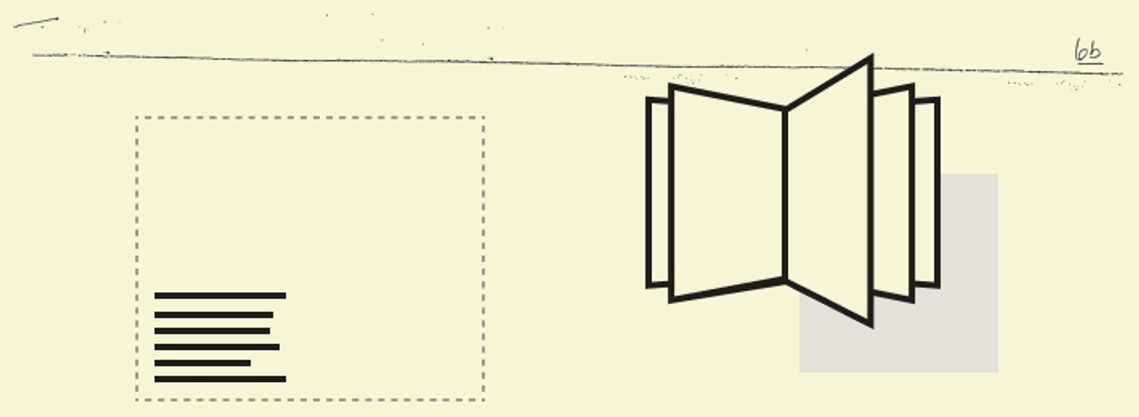 Weekend Reads K. Trautmann/CGIAR K. Trautmann/CGIAR🇰🇪 The use of artificial intelligence tools in the farming sector is gaining traction in Kenya, and has led to a reported increase in the quality and quantity of crops. Carlos Mureithi writes in The Guardian that farmers in Kericho and Machakos counties use AI-powered tools to bridge the technical know-how gap occasioned by few agricultural extension officers, enabling them to determine the type and quantity of fertilizer to use, when to water their plants or the pests and diseases to treat. 🇳🇬 Young men from Nigeria’s disrupted northwest region are leaving home to seek work in the gold mines of the rebel-controlled and jihadist-infested central Sahel in Mali, reports Abiodun Jamiu in an investigative long-read for HumAngle. The gold mining industry there, the third largest in Africa after South Africa and Ghana, is widely acknowledged to be financing terrorism in the troubled region. The Nigerians often work in harsh perilous conditions in Mali’s southwest alongside young men from Niger, who also speak Hausa. 🇸🇸 The South Sudan government’s efforts to stamp out poaching of wild animals are being derailed by rising hunger levels and an increased number of heavily armed gangs poaching for profit. In an Al Jazeera feature, Mamer Abraham writes that despite pressure from environmentalists, the economic crisis affecting millions of citizens has made wild animals a source of food to local people, which is very hard for the government to stop. 🇬🇲 Many Gambians are surviving on remittances from relatives in diaspora who took the risky ride and crossed to Europe. Monika Pronczuk writes that nearly 60% of people in the smallest country on the African mainland are under 25, and nearly half of them are unemployed. But she notes that immigration to Europe has also exacerbated challenges back home, as the elderly are left to grapple with high costs of living and impact of climate change. 🇷🇼 In an essay in The Paris Review, Rwandan-born Scholastique Mukasonga reflects on her early childhood experiences from her birthplace on the banks of the Rukarara River in western Rwanda, her survival as a member the Tutsi minority group and being rendered stateless. Using the metaphor of the river that is the source of River Nile, she reconstructs her identity as an African exile, giving new meaning to what “home” is to her. 🗓️ Week Ahead Oct. 6 — Tunisia will hold the nation’s first presidential elections since adopting a new constitution in 2022, with three candidates, including the incumbent President Kais Saied running for a second presidential term. Oct. 7 — Bank of Uganda is due to announce its latest lending rate decision. In August, the bank cut its benchmark lending rate by 25 basis points to 10%. Oct. 7-10 — The African Oil Week conference will kick off in Cape Town. Oct. 8 — Nigeria will begin vaccinations for mpox after regulatory approvals are concluded. Oct. 8 — The Central Bank of Kenya is due to announce its latest lending rate decision. In August, the bank cut its benchmark lending rate by 25 basis points to 12.75%. Oct. 9 — Nigeria’s Federal High Court in Abuja will rule on whether to release Binance’s head of financial compliance Tigran Gambaryan or keep him in custody. Oct. 9 — Mozambique will hold presidential and parliamentary elections on Wednesday, with nearly 17 million voters expected to cast their votes marking the end of President Filipe Nyusi’s two-term tenure. There are four candidates vying but ruling party candidate Daniel Chapo, a former radio announcer and law lecturer, is widely expected to replace Nyusi as president. For Your ConsiderationOct. 27 — Princeton in Africa’s 2025-26 fellowship application is inviting undergraduates (graduating by June 2025), young professionals and postgraduates to apply for its general and Nexus programs, respectively for those from US-accredited universities and African universities. |